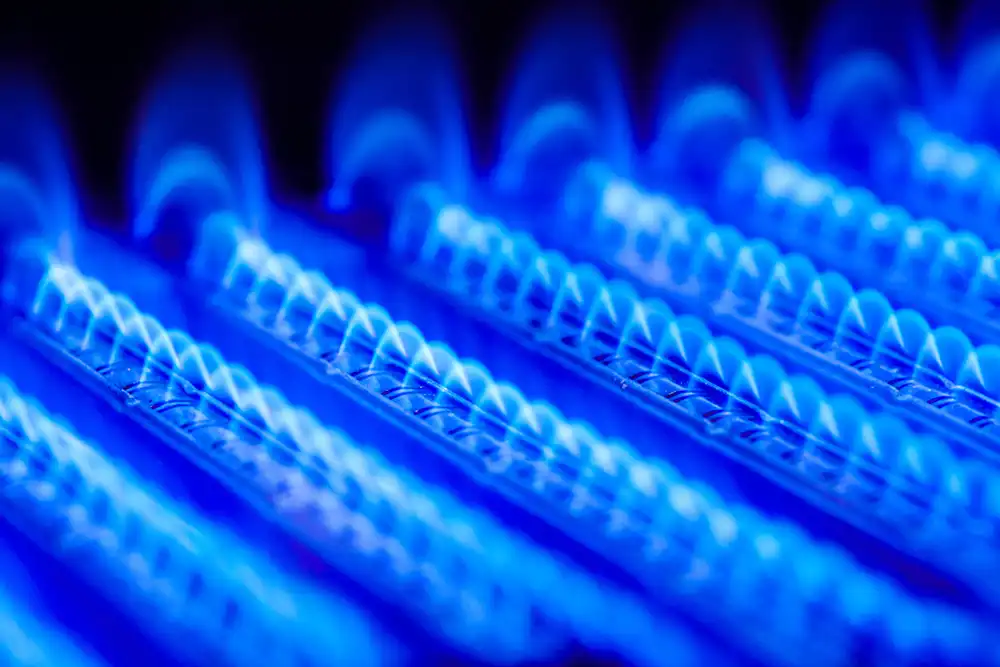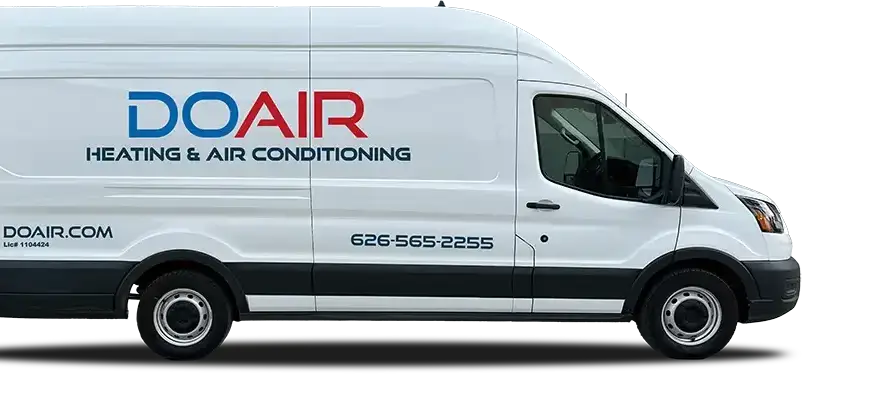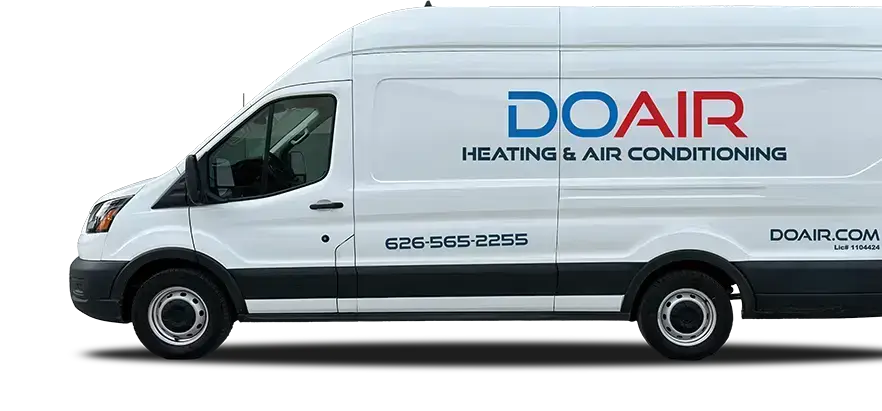Enhancing your heating system efficiency is crucial for achieving a warm, comfortable home during the chillier months, ensuring energy savings and a reduced environmental footprint. This guide delves into key strategies to maximize heating system performance for year-round coziness.
Assessing Your Heating System for Optimal Efficiency
Identifying Your Heating System Type for Efficiency
Understanding your heating system is the first step towards optimizing its performance. Heating systems can range from traditional furnaces and boilers to modern heat pumps and radiant floor heating. Each system has its unique maintenance needs and efficiency factors. Assessing your system involves checking the model, understanding its mechanics, and recognizing its efficiency rating.
Preliminary Performance Checks for Heating Efficiency
A preliminary performance check involves examining your heating system for any signs of trouble. This includes listening for unusual noises, checking for uneven heating across different rooms, and noticing any unexpected increases in your energy bills. Such indicators can help you identify issues early and address them before they escalate.
Maintenance Tips for Enhanced Heating System Efficiency
Cleaning and Replacing Filters
One of the simplest yet most effective ways to ensure your heating system runs efficiently is by regularly cleaning or replacing its filters. Clogged or dirty filters restrict airflow, forcing your system to work harder and consume more energy. Regular maintenance not only improves efficiency but also extends the life of your heating system.
Checking and Sealing Ducts
Leaky ducts can significantly reduce your heating system’s efficiency by allowing warm air to escape before it reaches your living spaces. Inspecting and sealing ductwork ensures that heat is distributed evenly and efficiently throughout your home.
Optimizing Thermostats for Heating System Efficiency
Choosing the Right Thermostat
The type of thermostat you choose can greatly impact your heating system’s efficiency. Programmable thermostats, for instance, allow you to set specific temperatures for different times of the day, ensuring that your home is heated according to your schedule and preferences.
Proper Thermostat Settings for Efficiency
Optimizing your thermostat settings involves finding a balance between comfort and energy savings. A general rule of thumb is to set your thermostat to the lowest comfortable temperature in winter and adjust it when you’re asleep or away from home.
Boosting Air Circulation for Efficient Heating
Importance of Proper Ventilation
Proper ventilation is crucial for maintaining good air quality and ensuring your heating system operates efficiently. Ensure that vents are not blocked by furniture or curtains, and consider using ceiling fans to improve air circulation.
Tips for Improving Air Flow
Improving air flow in your home can be as simple as opening interior doors or using fans strategically. Proper air circulation ensures that heat is distributed evenly, reducing the workload on your heating system.
Insulation and Weatherproofing for Heating Efficiency
Evaluating Insulation Quality
Good insulation acts as a barrier, keeping the warmth in and the cold out. Assess the insulation in your walls, attic, and floors to ensure that your heating system doesn’t have to work overtime to maintain a comfortable indoor temperature.
Weatherproofing Techniques
Simple weatherproofing techniques, such as sealing windows and doors, can prevent heat loss and improve your heating system’s efficiency. Weather stripping, caulking, and using door sweeps are effective ways to combat drafts and insulation issues.
Adopting Energy-Efficient Practices for Heating
Smart Heating Habits
Adopting smart heating habits can significantly reduce your energy consumption. This includes lowering the thermostat when you’re not home, using zone heating wisely, and ensuring your heating system is only used when necessary.
Utilizing Energy-Saving Accessories
Energy-saving accessories, such as smart thermostats, radiator reflectors, and programmable timers, can enhance your heating system’s performance and reduce unnecessary energy use.
Troubleshooting for Heating System Performance
Recognizing Warning Signs
Being aware of warning signs, such as strange noises, frequent cycling, or cold spots in your home, can help you address heating system issues promptly. Early detection often leads to simpler, more cost-effective solutions.
DIY Fixes vs. Professional Assistance
While some minor issues can be fixed with a bit of DIY, more complex problems require professional expertise. Knowing when to call in a heating specialist can save you time and ensure your system is repaired correctly.
Professional Services for Heating Efficiency
The Role of Professional Maintenance
Regular professional tune-ups are crucial for maintaining your heating system’s efficiency and longevity. A heating professional can perform a comprehensive check, clean internal components, and address any potential issues.
When to Schedule Professional Services
Scheduling professional services before the start of the heating season ensures that your system is in optimal condition to handle the colder months. Regular maintenance can also prevent unexpected breakdowns and costly repairs.
Upgrading for Better Heating System Efficiency
Signs It’s Time for an Upgrade
If your heating system is old, frequently needs repairs, or your energy bills are consistently high, it might be time to consider an upgrade. Modern heating systems are more energy-efficient and can provide significant long-term savings.
Choosing a New Heating System
When selecting a new heating system, consider factors such as the size of your home, your climate, and your budget. Energy-efficient models, though initially more expensive, can offer greater savings over time.
Financial Incentives and Rebates
Government Incentives for Efficient Heating
Many governments offer incentives and rebates to encourage homeowners to choose energy-efficient heating solutions. These incentives can significantly reduce the initial cost of purchasing and installing a new, efficient heating system.
How to Avail of Rebates and Incentives
Research and understand the specific requirements for availing of these incentives. This may involve purchasing qualified equipment, ensuring proper installation, and submitting necessary paperwork.
Heating Systems: Environmental Impact and Efficiency
Your Heating System and Carbon Footprint
The efficiency of your heating system directly affects your carbon footprint. Opting for energy-efficient systems and practices not only reduces your energy bills but also contributes to a more sustainable environment.
Adopting Eco-Friendly Heating Solutions
Consider renewable heating options, such as solar heating or geothermal systems, which provide a sustainable and cost-effective way to heat your home while minimizing environmental impact.
Future of Heating Technology
Innovations in Heating Technology
The heating industry is constantly evolving, with new technologies aiming to provide more efficient, sustainable, and user-friendly solutions. Staying informed about these innovations can help you make wise decisions about your home heating.
The Role of Smart Homes in Heating Efficiency
Smart home technologies integrate seamlessly with heating systems to provide unprecedented control and efficiency. Features like remote access, learning capabilities, and energy usage analytics contribute to a smarter, more efficient home.
Maximizing Your Heating System’s Performance
Advanced Techniques for Optimal Performance
Beyond basic maintenance, there are advanced techniques to ensure your heating system operates at its peak. This includes balancing radiators, optimizing boiler pressure, and considering system zoning.
Monitoring and Adapting for Efficiency
Regular monitoring of your heating system’s performance can reveal patterns and areas for improvement. Adapting your usage based on these insights can lead to enhanced efficiency and comfort.
FAQs
Replace your heating system’s filters every 1-3 months for optimal efficiency, especially if you have pets or allergies.
A programmable thermostat enhances comfort, boosts energy efficiency, and reduces costs by allowing temperature adjustments based on your schedule.
Yes, weatherproofing reduces heat loss, easing your heating system’s workload and lowering bills.
For uneven heating, ensure vents are unblocked and insulation is adequate. If issues persist, consult a professional.
Consider upgrading if your heating system is old, inefficient, or requires frequent repairs for improved performance and savings.
Eco-friendly options like solar or geothermal systems offer long-term savings and lower environmental impact despite a higher initial investment.
Conclusion
Maximizing your heating system’s performance is not just about ensuring comfort during the colder months; it’s also about optimizing energy use, reducing costs, and contributing to a more sustainable environment. By understanding your system, performing regular maintenance, and being open to upgrades and innovations, you can enjoy a warmer, more efficient home.


